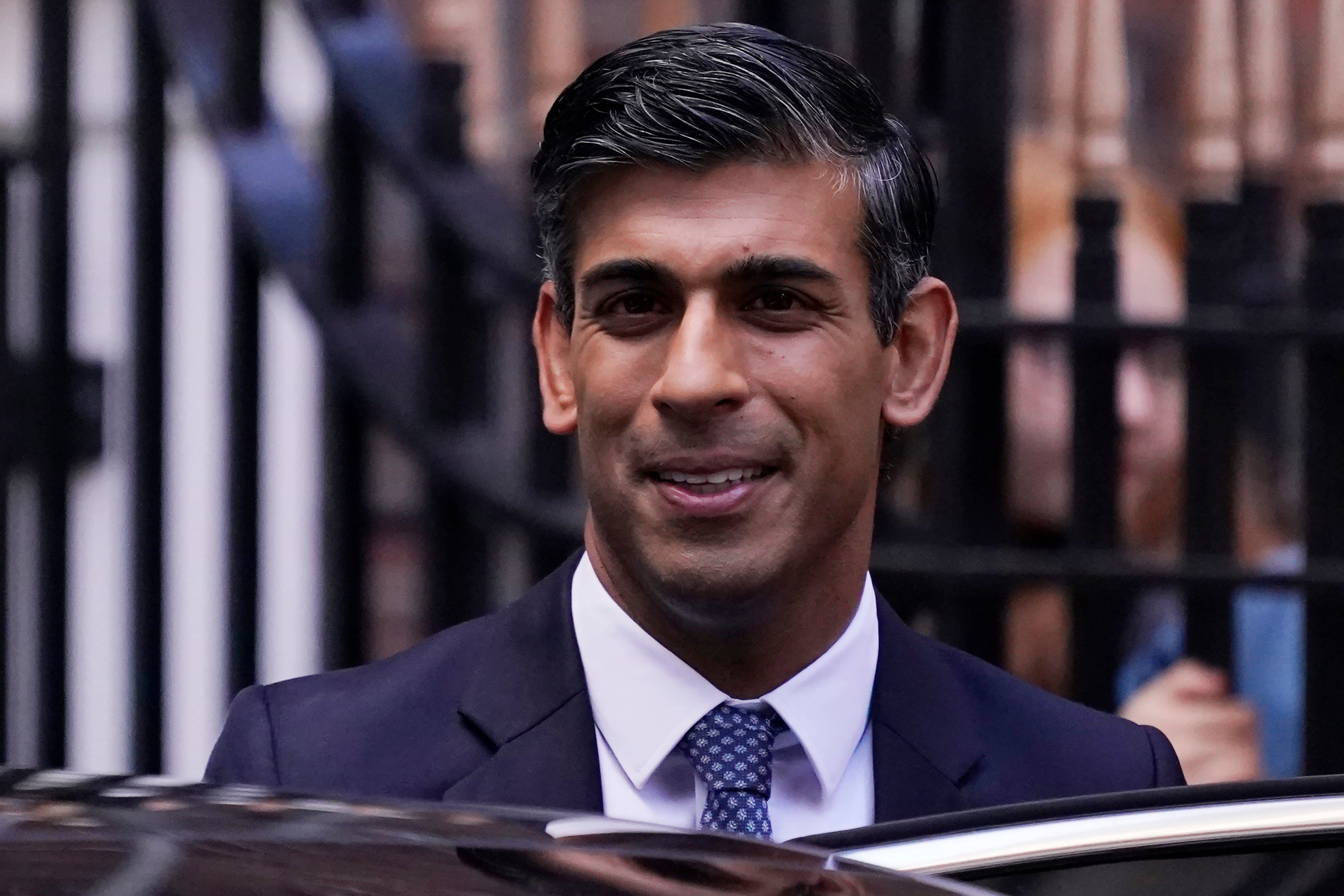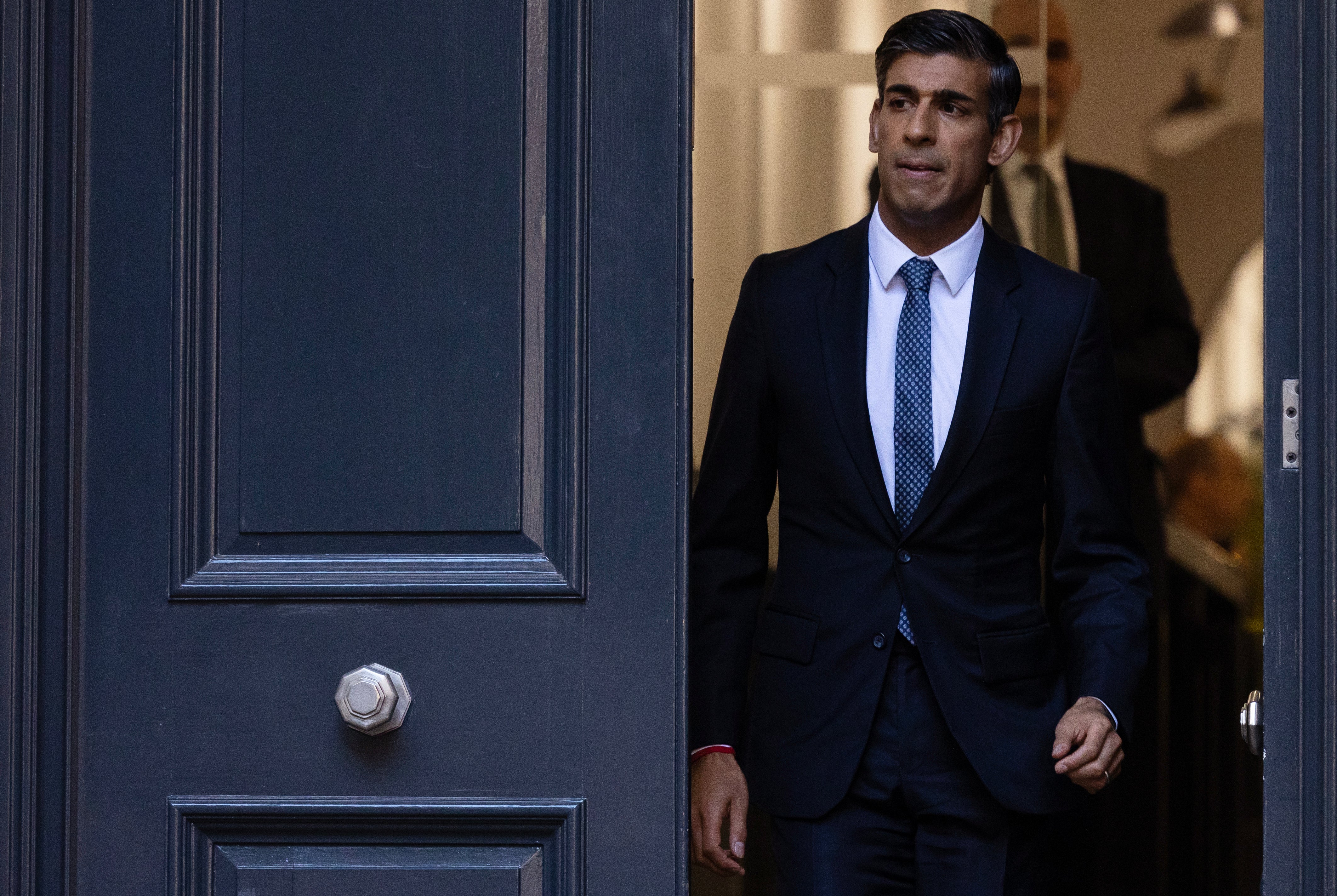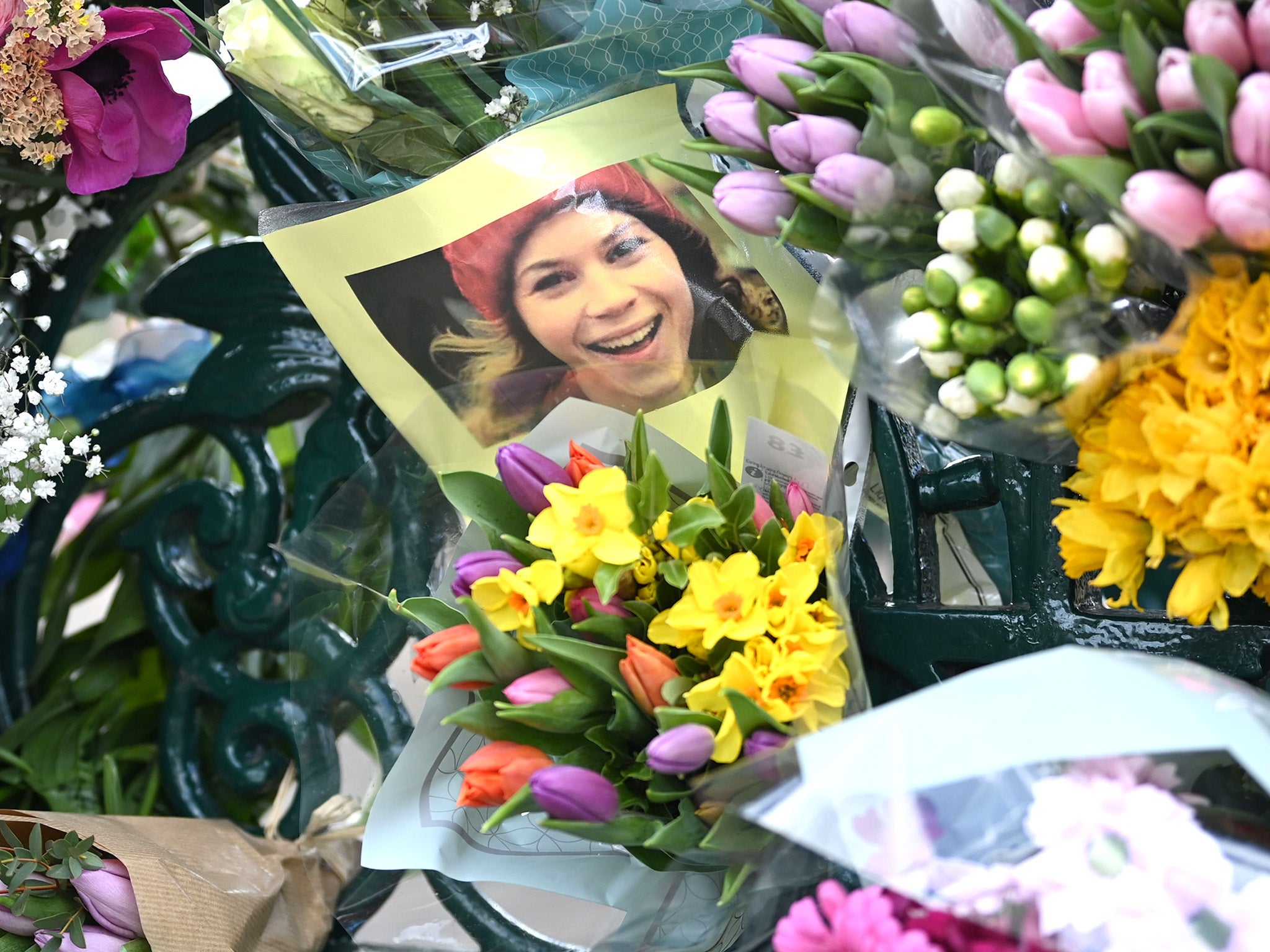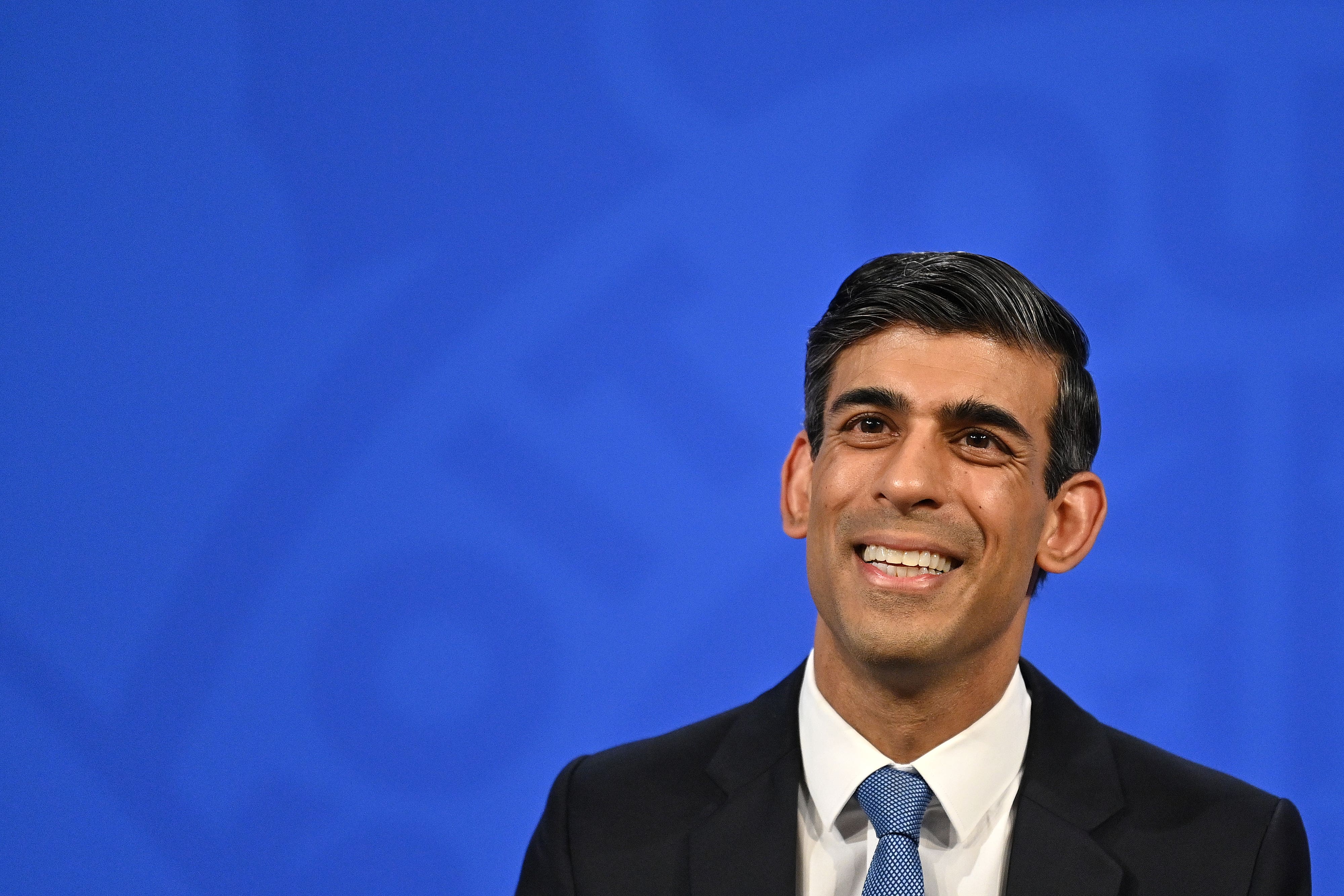
Rishi Sunak has been named the new leader of the Conservative party and the UK’s next prime minister.
The former chancellor is the third prime minister to take office since the general election in 2019, after he won the support of 202 MPs, and rivals Boris Johnson and Penny Mordaunt both withdrew from the leadership race.
Mr Sunak is expected to travel to Buckingham Palace to meet with King Charles III on Tuesday (25 October), and deliver his first speech as prime minister before midday.
The new leader has previously pledged to introduce new laws to tackle violence against women and girls, which he described as a “national emergency”.
In July he promised to criminalise down-blousing and said he will “hunt down and stamp out” grooming gangs.
But where does our new prime minister really stand on women’s issues? Here’s what we have learned so far.
On abortion rights

Mr Sunak, who served as the chancellor throughout the pandemic before resigning from the position in July, has abstained from all major votes on abortion rights since becoming an MP in 2015.
Mr Sunak has cast just one pro-abortion vote – in April 2021, when he voted in favour of a motion to give the Northern Ireland secretary powers to impose the commissioning of abortion services in the country.
Earlier this month, MPs voted to enforce buffer zones outside abortion clinics in England and Wales. Under the proposed law, harrassment or obstruction of any woman attending an abortion clinic will be a criminal offence, punishable with up to six months in prison. Mr Sunak did not cast a vote.
On violence against women

In July, Mr Sunak proposed a new “down-blousing offence”. He has also pledged to create a new taskforce to crack down on grooming gangs.
He said a new National Crime Agency emergency taskforce would “hunt down” criminal gangs.
Mr Sunak described sexual violence against women and girls is a “national emergency”.
“As a father of two girls, I want them to be able to go for a walk in the evening or to a shop at night without any fear of threat,” he said.
“I will make it a criminal offence if you harass women by taking intimate images of them without their consent and will introduce a major crackdown on grooming gangs.
“I will not stop until we live in a society where women and girls can go about their daily lives feeling safe and secure.”

However, the End Violence Against Women Coalition said meaningful change will require investment in long-term, specialist prevention work.
This includes “public campaigns that aim to shift the attitudes that drive and underpin harmful behaviours, and delivering holistic prevention work in schools and education settings”, Deniz Ugur, deputy director of the coalition said.
Mr Sunak has not outlined plans for public campaigns of this kind.
“Currently, we know that the government has invested less than 10 per cent of the budget it has calculated is needed to deliver a new relationships and sex curriculum. This is just not good enough,” Ms Ugur said.
Mr Sunak has not pledged to increase funding for specialist frontline services for victims and survivors of abuse, especially for those helping people from black and ethnic minority backgrounds.
“These services are a lifeline, but without adequate resourcing many survivors face waits of over a year for life-saving support,” Ms Ugur said.
“Recovery and healing are an essential part of justice, and the government must recognise and resource specialist services so no survivor is left without the support she needs.”
On economic policy

Mr Sunak has not publicly acknowledged how women are negatively impacted by economic policies or pledged to make improvements in this area.
Research has shown that women are the “shock absorbers” of poverty, the UK Women’s Budget Group (WBG) said.
As inflation continues to rise – it reached a 40-year high of 10.1 per cent in September – the WBG says the cost-of-living crisis will “disproportionately impact” women, who are “more likely to be in debt and spend a higher proportion of their expenditure on essential goods”.
Additionally, a 2020 report by McKinsey & Co found that women’s jobs were 1.8 times more vulnerable during the pandemic.
Women also make up most of the public sector employees, and workers in this sector have seen their wages frozen for most of the last decade.
Additionally, women’s role in providing unpaid care for children makes it harder for them to do more paid hours of work.
“All of that means that women are ill-equipped to cope with the current cost-of-living crisis. We need to see recognition of this from both candidates,” the WBG said.
“Childcare fees have increased at twice the rate of wages in the last 10 years keeping many women out of work. Promises of ‘doing more for women’ or nods towards deregulating childcare as a way of increasing affordability are not addressing the root cause of much of women’s economic inequality.
“That will only happen when policy makers begin to recognise and value the role of care and those who provide it. If the leadership candidates really want to support women, it needs to start there.”







